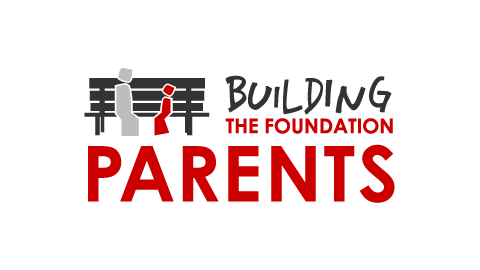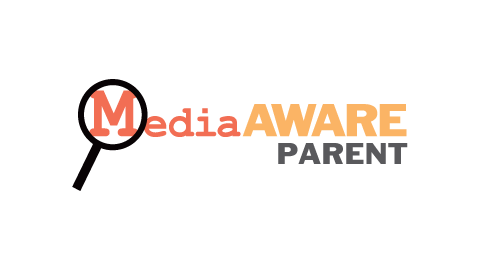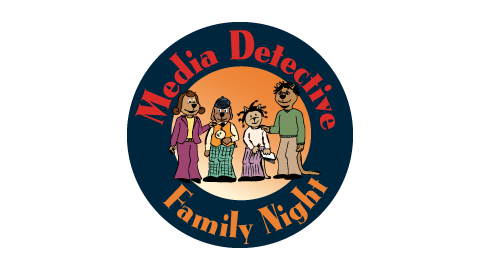FOCUS AREAS
iRT develops programs and services for parents and families to promote the health and well-being in children.
Parents can significantly impact their children’s health-related attitudes, beliefs, and, ultimately, their health outcomes. Parents can also play a pivotal, supportive role in their child’s experience in a positive youth development program, such as a mentoring program.
It has been well documented that high-quality parent-adolescent communication is a protective factor against youth risk behaviors, including those related to substance use and sexual health, especially within the context of positive parent-child relationships. Young people who regularly engage in dialogue with parents about sex are more likely to exhibit fewer sexual risk behaviors and are more likely to use contraception if sexually active, and high-quality parent-child communication can decrease the likelihood of teen substance use. Most parents want to engage their children in high-quality discussions about these topics, but many face barriers in effectively having these conversations. For example, parents may feel that they lack adequate knowledge about these topics, are uncomfortable discussing potentially sensitive topics such as sex and substance use, or may not feel confident that they are the best person to have these types of conversations with their child.
iRT believes in providing parents with support and training to help them best advocate for and enhance their children’s health, relationships, and well-being.
iRT has worked on the development of a mobile app for parents to use in rating their child’s behavior, because it is an accessible, on demand, method for parents to provide direct information to their child’s pediatrician, counselor, or psychologist.
Building upon iRT’s rich history of work in the area of developing critical thinking skills about media, iRT scientists have developed an evidence-based media literacy education (MLE) program to help parents engage in high-quality communication with their children about health topics that many parents find challenging, including sexual health, dating violence, and substance use.
iRT also recognizes that when parents enroll their children to be a mentee in a mentoring program, they often don’t completely know what to expect. Although the primary focus of a mentoring relationship is between the mentor and mentee, parents and guardians play a critical role in making the relationship a success. To be best prepared to support the mentoring relationship, it is recommended that parents complete training upon enrolling their child in a mentoring program. iRT has been conducting program development and evaluation research on building effective web-based training for parents that gives them the knowledge and practical skills they need to support their child’s mentoring relationship.
Dr. Christina (Malik) Dodson conducts research on media literacy education programs designed to help parents engage in high-quality communication with their children about the sexual and relationship health and media.
Dr. Tracy Scull conducts basic and applied research related to child, adolescent, and family health, with a specific focus on understanding media influence on sexual health, relationships, and substance misuse.
Dr. Alison Parker conducts research on parent screening for risk for adolescent substance use, as well as for assessment of developmental, emotional, and behavior disorders.
Dr. Janis Kupersmidt conducts research on parent screening for risk for adolescent substance use, as well as for assessment of developmental, emotional, and behavior disorders. In addition, she has studied the role of parents in supporting mentoring relationships.
Dr. Rebecca Stelter conducts research on how parents socialize children’s emotions through their beliefs and behaviors, and more recently, on the role of parents in supporting mentoring relationships.
RELATED PROJECTS
RELATED PRODUCTS
RELATED PUBLICATIONS
RELATED PRESENTATIONS
Stelter, R. L., Kupersmidt, J. B., & McNeil, S. (2016, October). What is a mentor? Building the foundation web-based training for mentees and their parents. Paper presented at the 2016 Society for Research in Child Development Technology and Media in Children’s Development Special Topics Meeting. Irvine, California.
Stelter, R.L., & Schwartz, S. (2015, January). Helping close the mentoring gap: Innovative approaches to training and engaging youth and their caregivers. Paper presented at the 2015 National Mentoring Summit: Expanding the Mentoring Effect, Washington DC.






